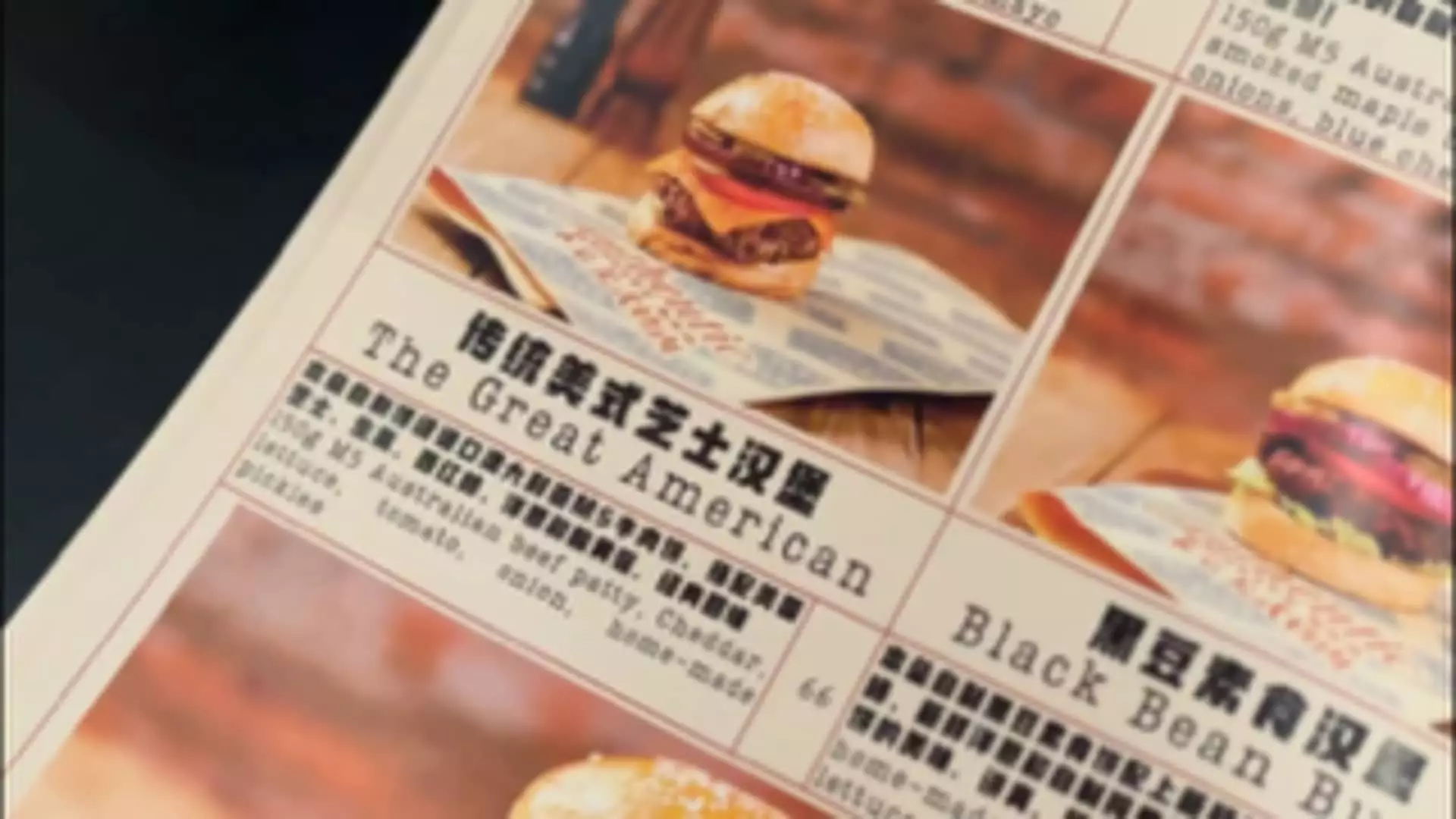The culinary landscape in China is now marked by a painful irony: in a nation renowned for its rich gastronomic culture, beloved American ingredients are being pushed out by tariffs resulting from an ongoing trade war. Geng Xiaoyun’s Kunyuan restaurant, once a haven for American-imported “phoenix talons,” showcases the absurdity of this situation. What was once a celebrated dish—salt-baked chicken feet that many considered a culinary triumph—is now a casualty of political tensions. The decision to strike American chicken feet from the menu is not just an economic loss for restaurateurs like Geng; it symbolizes the broader deterioration of cultural exchange and culinary diversity that our globalized world desperately needs.
Culinary Quality Undermined by Politics
Geng’s lament about the superiority of American chicken feet compared to local substitutes strikes a chord. The once accessible and high-quality American imports have been cast aside, leading to a culinary downgrade. With tariffs soaring by 30% since March, the implications extend far beyond the price tag; they undermine the quality of food available to diners. The sentiments echo throughout Beijing’s dining scene. As restaurants pivot to Brazilian or Russian alternatives, one cannot help but wonder if we are dooming ourselves to a bland culinary future. The nuances and textures that elevate dishes can be traced back to the very ingredients we are now forced to forsake.
The Ripple Effects of Trade Decisions
The repercussions of the trade conflict are not limited to specific dishes; they extend across the board, affecting numerous menus in China. The once-coveted U.S. beef, previously the highlight at many establishments, is slipping away to make room for Australian imports. The Chinese restaurant landscape is adapting, but not without a sense of melancholy. Staff members waving goodbye to “The Great American” burger signify a loss more profound than just the food itself; it reflects the weakening ties between two cultures that have benefited from their culinary exchanges.
Liu Li, who has spent three decades supplying beef at the Sanyuanli market, touches on a troubling reality: the trade war has escalated prices while diminishing the culinary experiences available to the public. The trade measures that were supposed to protect and promote domestic industries instead lead to a loss of flavor, texture, and satisfaction that only comes from quality U.S. products. Are we truly willing to sacrifice our taste preferences for fervent nationalism?
A Call for Reconciliation Through Food
It is crucial that we remember the role of food as a bridge between cultures. In a time where feelings of division and hostility run high, let us not forget that food has the power to unify us. The loss of American flavors in Chinese restaurants is not merely a consequence of economic policy; it is a reflection of the growing isolationism in an interconnected world. It’s time we reconsider these decisions and their far-reaching consequences.
As long as politics interferes with our palates, we must acknowledge the toll it takes—not just on restaurant menus, but on the cultural fabric that binds us. If there’s one thing we can advocate for, it’s the push for reconciliation over conflict. A world where culinary experiences enrich our lives should always be prioritized over political disputes that deprive us of our shared human experiences.

